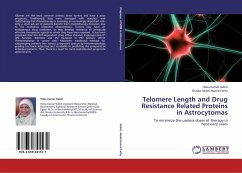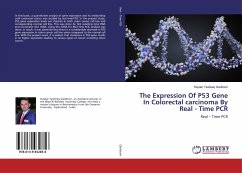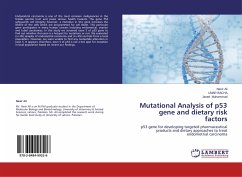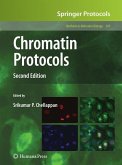Gliomas are the most common primary brain tumors and have a poor prognosis. Traditionally they were managed with resection and radiotherapy but chemotherapy is assuming an increasingly important role. Only a small sub-set of patients benefit from chemotherapy however, due to the multidrug resistance phenomenon. Tumors may have an endogenous drug resistance, or may develop resistance to previously effective therapeutic agents to which they have been exposed. It has been proposed that the ATP-dependent drug efflux channel, P-glycoprotein (P-gP), Survivin, Telomere and the mutation in P53 protein; affect chemoresistance in cancer cells. Moreover, traditional method for subgrouping patients into various prognostic groups by histomorphologic grading has been subjective and unreliable in predicting the prognosis of individual patients. Thus, there is a need for more sophisticated prognostic determinants.
Bitte wählen Sie Ihr Anliegen aus.
Rechnungen
Retourenschein anfordern
Bestellstatus
Storno








